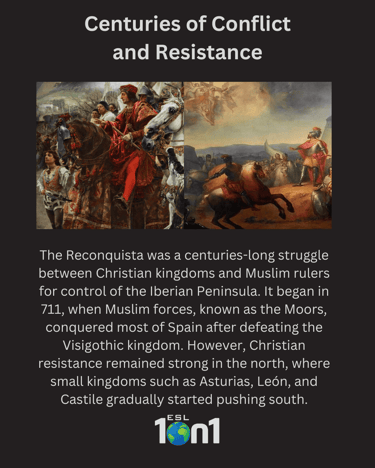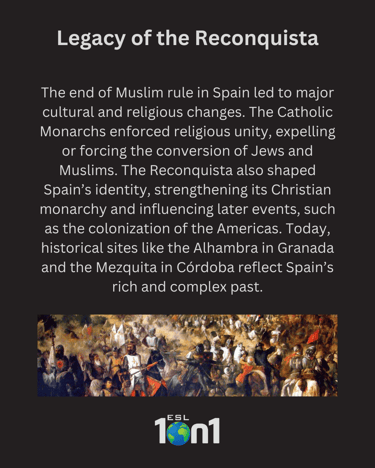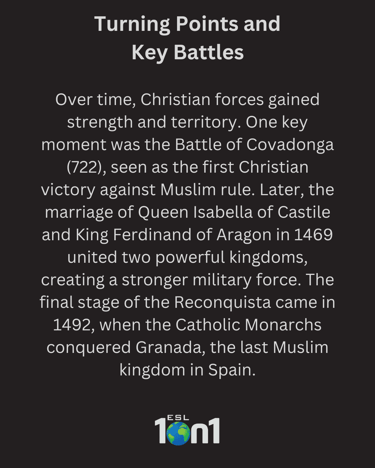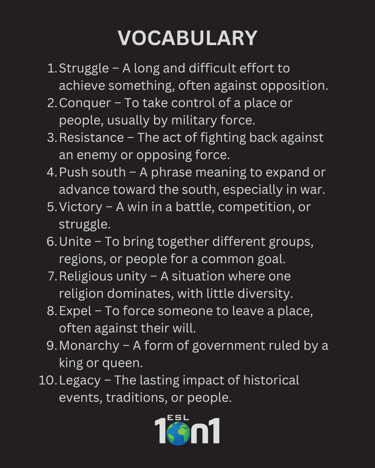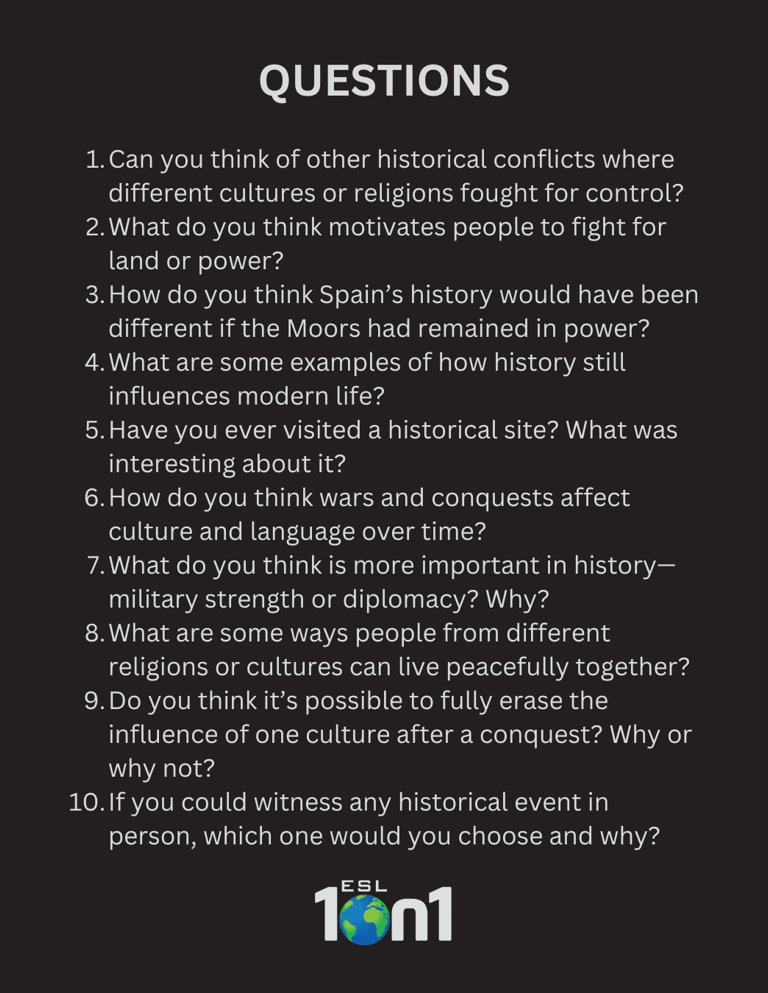
Instructions:
Read the Article Carefully
Begin by reading the short article to get a general understanding of the topic. Pay attention to the main ideas, key details, and the tone of the passage.
Study the Vocabulary and Expressions
Review the list of useful phrasal verbs and expressions. Make sure you understand their meanings and how they are used in context.
Apply the Vocabulary
Practice using the new vocabulary in your own original sentences. Try to make the sentences meaningful and related to your own experiences if possible.
Respond to the Discussion Questions
Answer the open-ended questions thoughtfully and in complete sentences. These questions are designed to encourage personal reflection and promote speaking or writing fluency.
Optional Speaking Practice
If you're working in a group or with a teacher, use the questions to guide a conversation. Focus on pronunciation, clarity, and using the vocabulary naturally during discussion.
My Vicarious Jigsaw
I see the world as a vast jigsaw puzzle, with each piece representing a different culture, tradition, or way of life. Through my students, I’ve had the privilege of collecting these pieces—stories, insights, and perspectives that shape a richer, more complete picture of our world. As memory fades, I’ve decided to preserve and share these pieces here. Join me in exploring the world through English, using language as it’s meant to be used: for connection, understanding, and discovery.
Guernica: Picasso’s Bold Protest Against War
Picasso’s Guernica isn’t just a painting—it’s a cry against the brutality of war. Painted in 1937 after the bombing of the town Guernica during the Spanish Civil War, this black-and-white masterpiece captures the horror, suffering, and chaos of modern warfare.
From the grieving mother to the screaming horse and looming bull, each symbol reflects the deep pain of civilians caught in conflict. Guernica continues to echo through history as one of the most powerful anti-war artworks ever created.
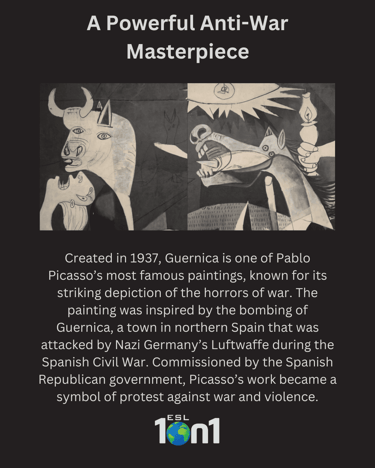
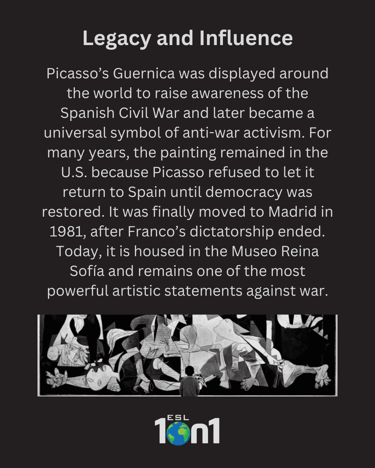
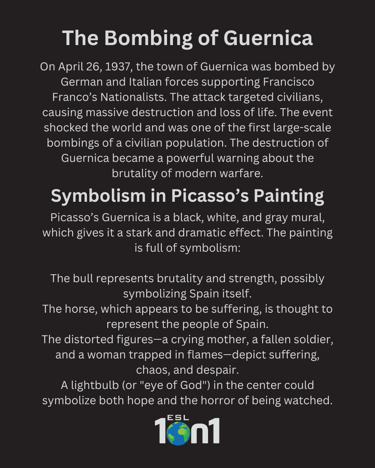
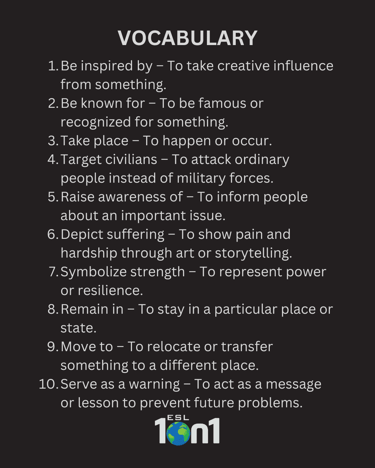




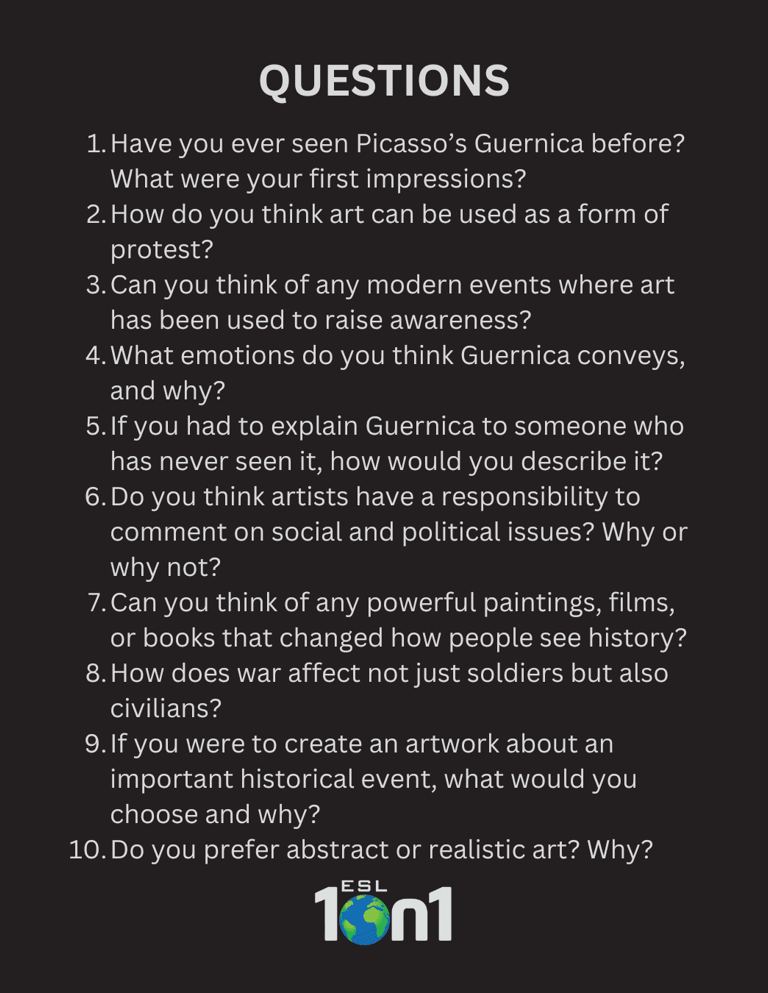

Why Do Spaniards Eat So Late? A Look at Spain’s Unique Meal Times
Have you ever wondered why lunch in Spain starts at 2:00 PM and dinner can go as late as 11:00 PM? Spain’s unusual meal schedule surprises many visitors, but it makes perfect sense when you understand the history, culture, and climate behind it.
From the 1940s time zone shift under Franco’s regime to the tradition of the siesta, and the deeply social nature of Spanish meals, these customs have shaped a lifestyle where people take their time and savor each bite—often surrounded by friends and family.
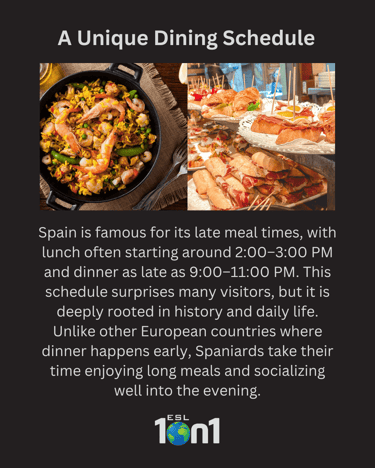
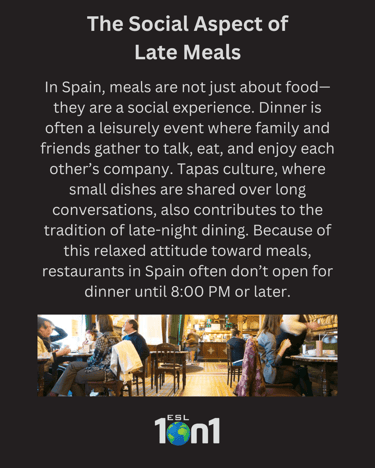
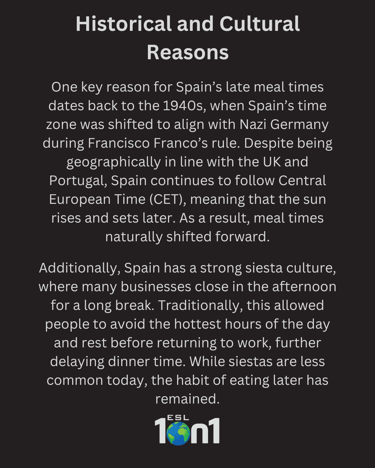
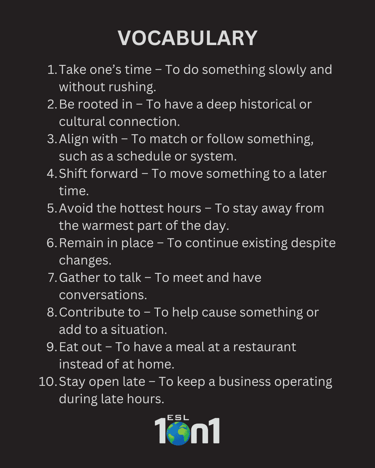




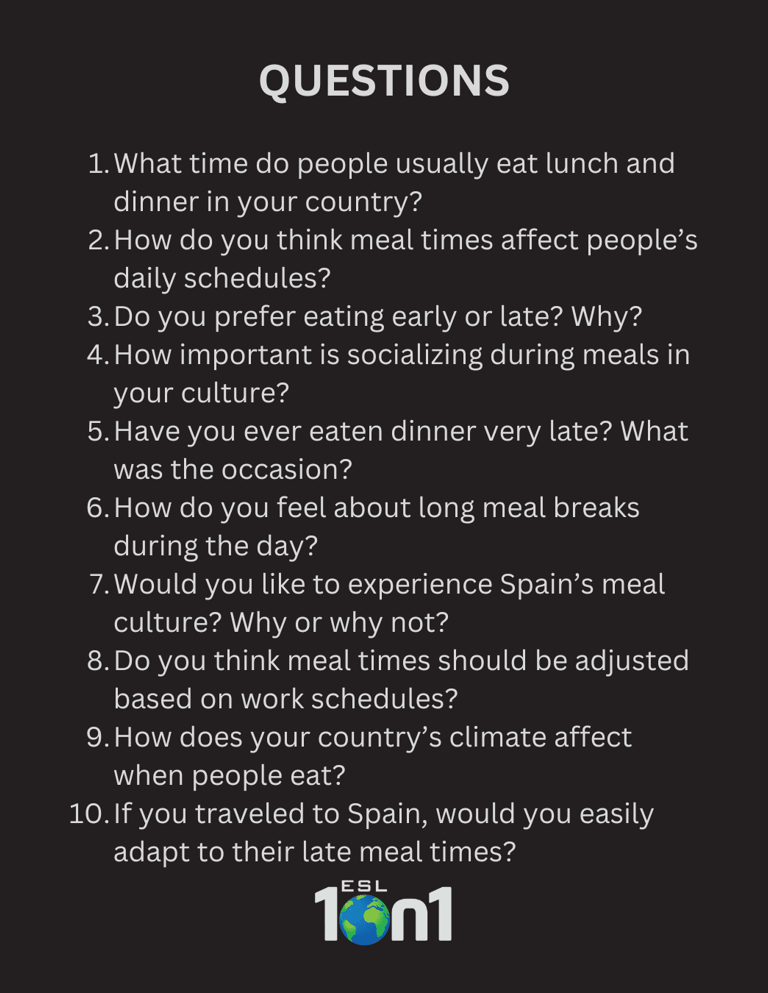

The Prestige Oil Spill: Spain’s Devastating Environmental Disaster
In 2002, an oil tanker named Prestige sank off the coast of Galicia, causing one of the worst environmental disasters in Spain’s history. Thousands of tons of toxic oil leaked into the ocean, destroying marine life, coating beaches, and crippling the fishing industry. But could the damage have been prevented?
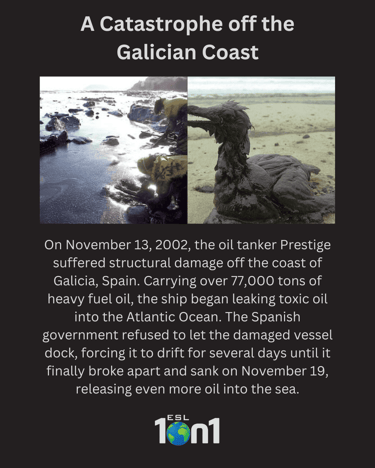
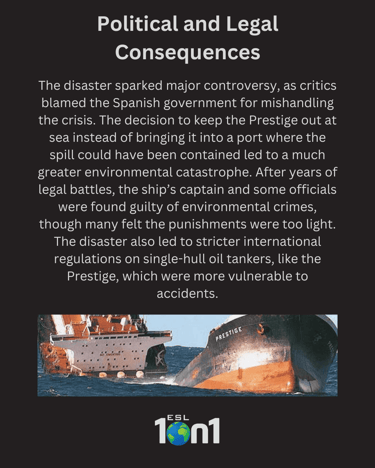
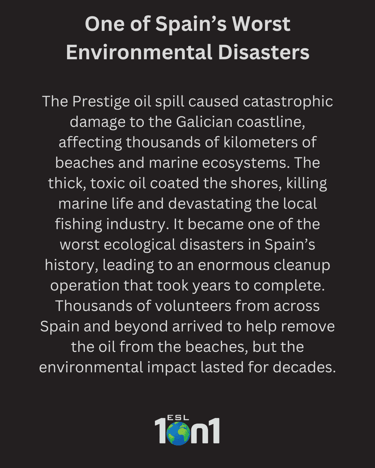
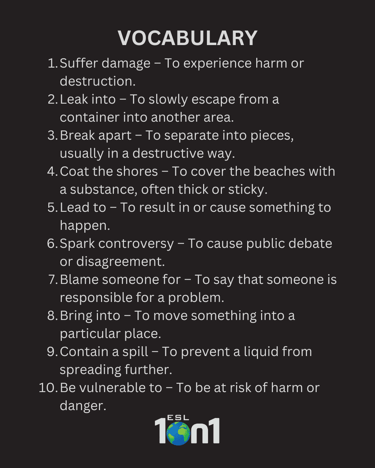




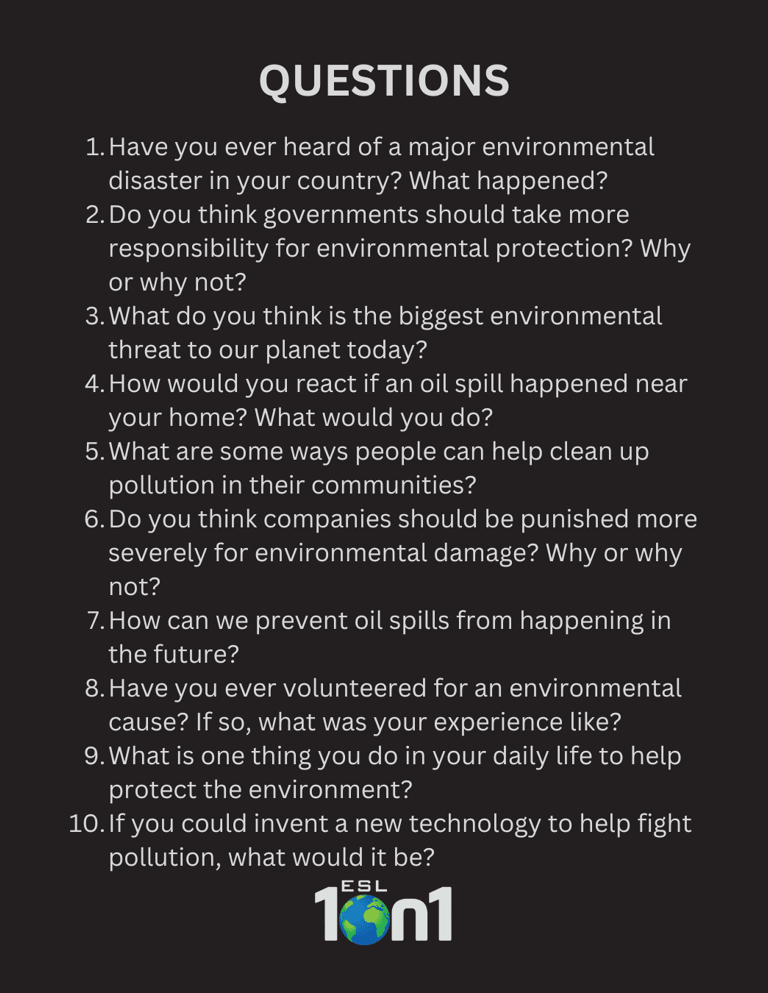

Why Hiring Family and Friends Can Be Risky
Mixing personal relationships with business isn’t always a good idea. Hiring family and friends can lead to blurred boundaries, difficult decisions, and even long-term damage to both your business and personal life.
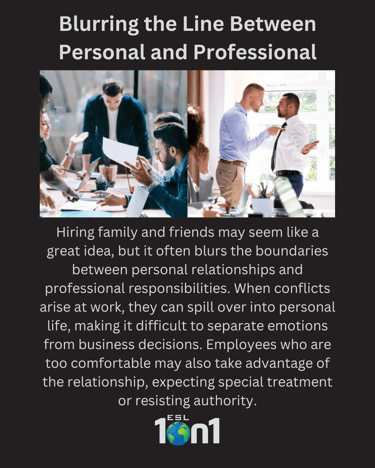
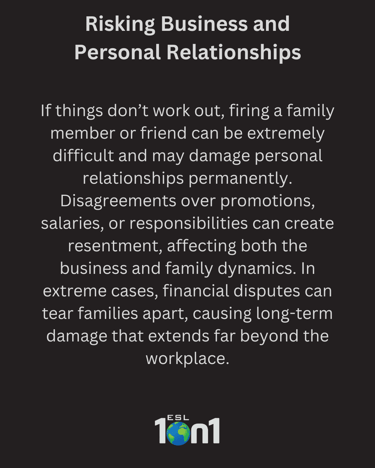
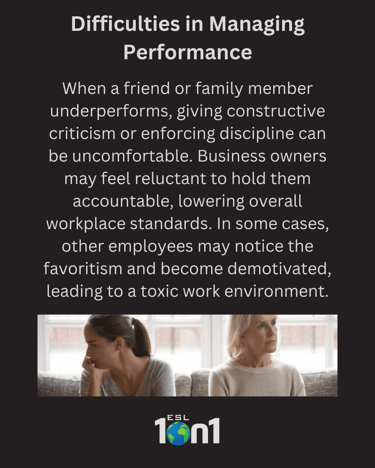
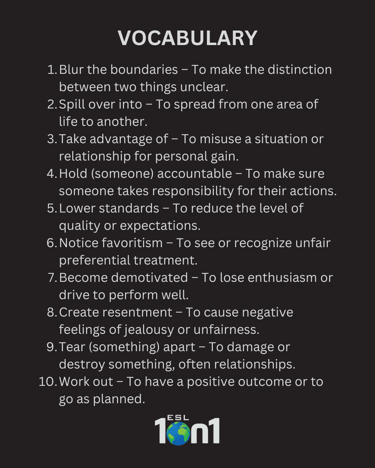




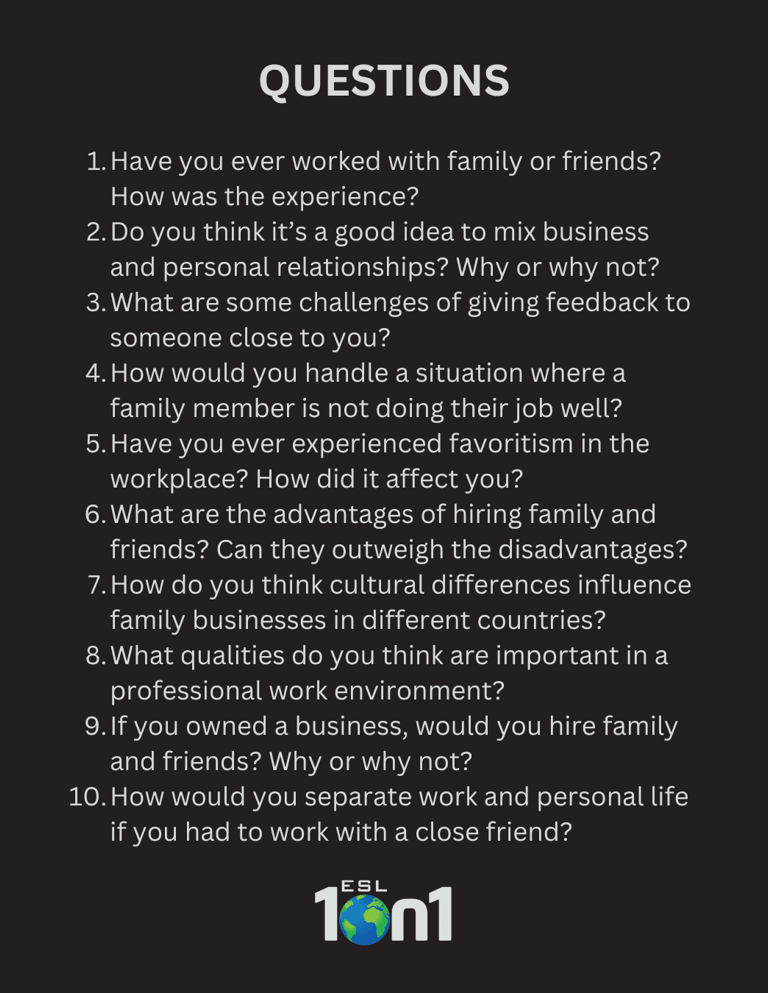

The Battle of Roncevaux Pass: Where History Became Legend
In 778, Charlemagne’s retreat through the Pyrenees ended in tragedy — and legend.
The Battle of Roncevaux Pass was a small ambush that led to the death of the legendary Roland, later immortalized in The Song of Roland. What was once a tactical defeat became a symbol of bravery, myth, and national identity.
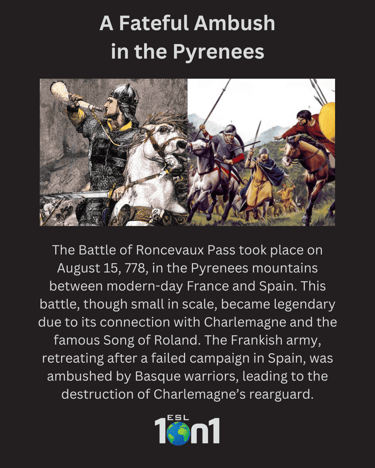
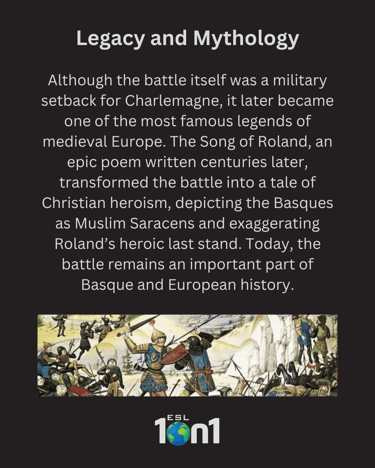
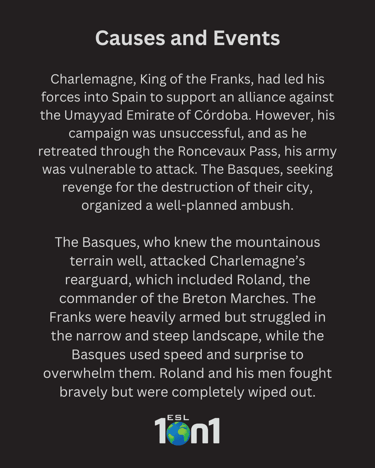
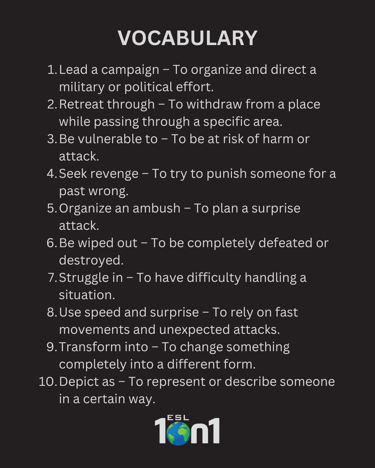




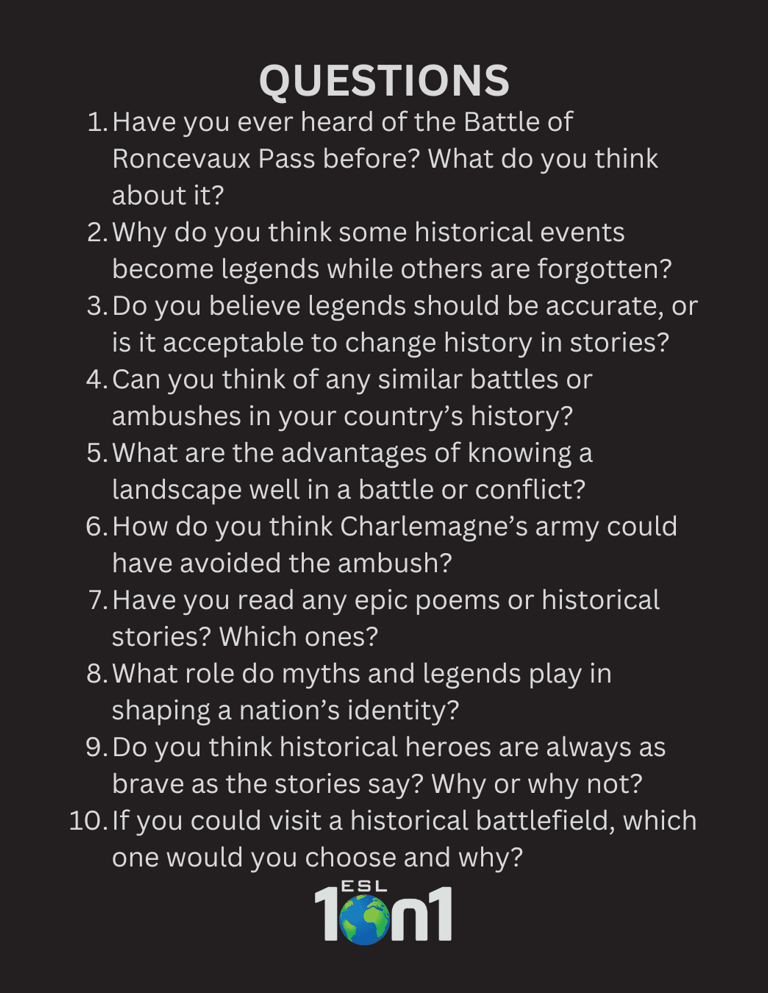

Ratoncito Pérez: The Tooth Fairy’s Spanish Counterpart
In Spain and Latin America, children eagerly await Ratoncito Pérez, a tiny mouse with a big mission—collecting lost teeth and leaving behind surprises. This beloved tradition, dating back to the 19th century, turns a childhood milestone into a magical experience. Have you heard of this charming legend?
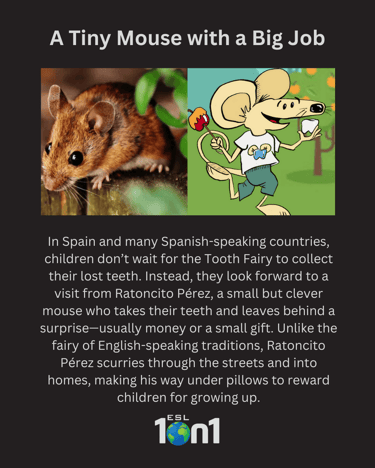
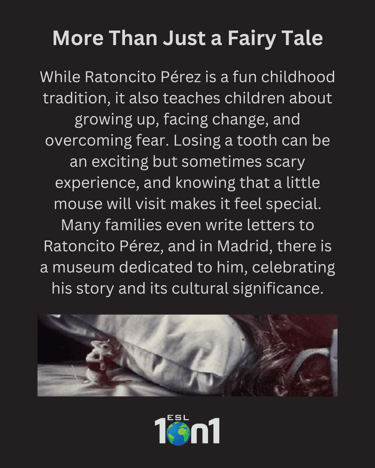
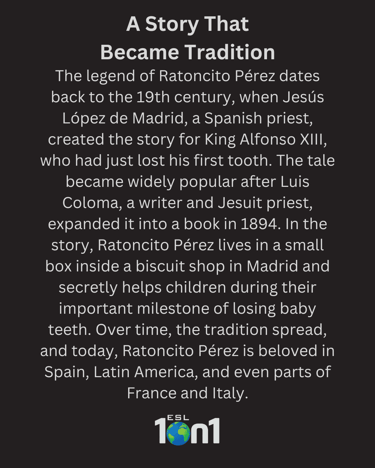
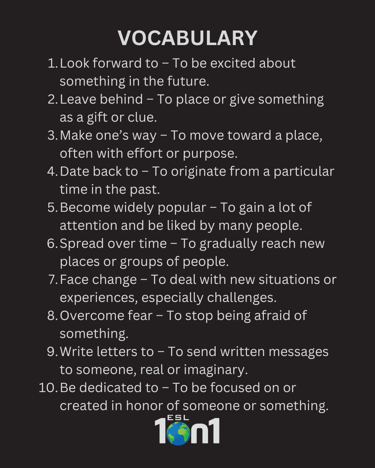




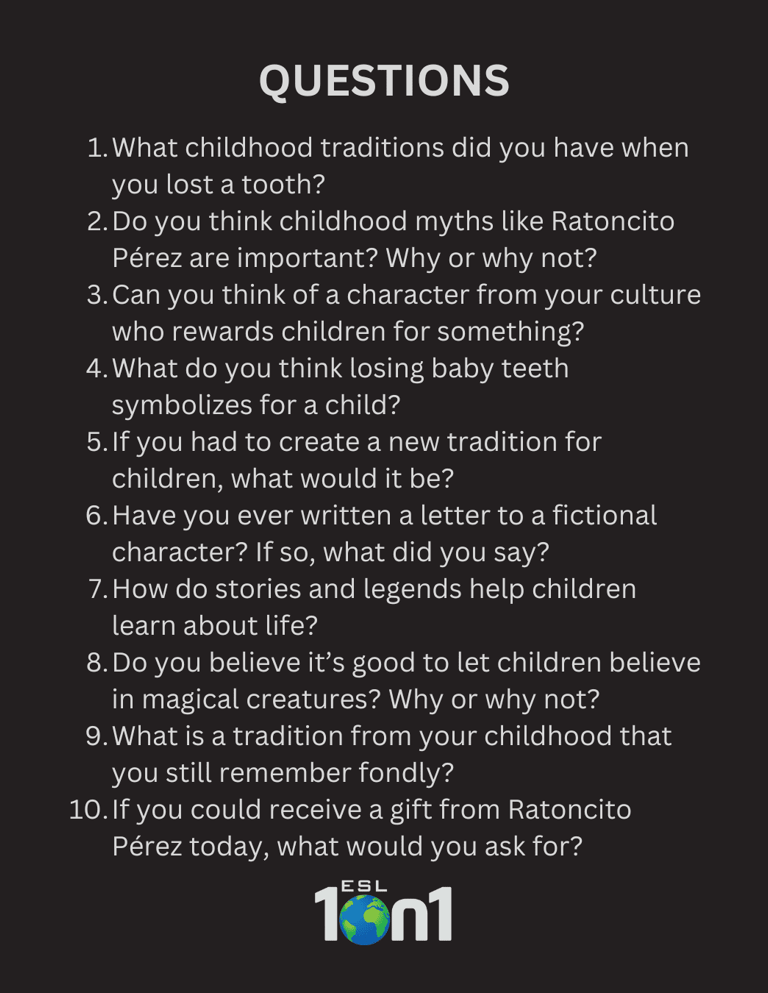

La Santa Compaña: Spain’s Ghostly Procession
Ever heard of a ghostly march through the night that warns of death? In Galician folklore, La Santa Compaña is a chilling legend still whispered about today.
Explore how fear, tradition, and language come together in one of Spain’s most mysterious tales.
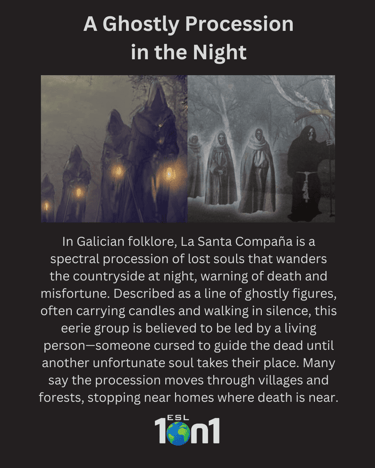
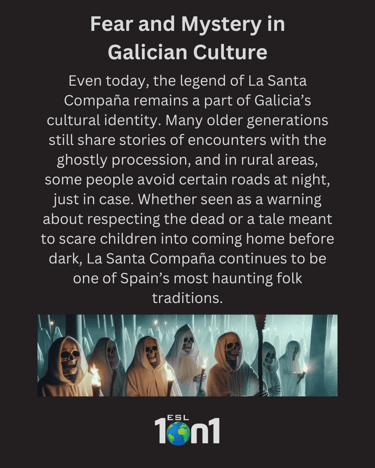
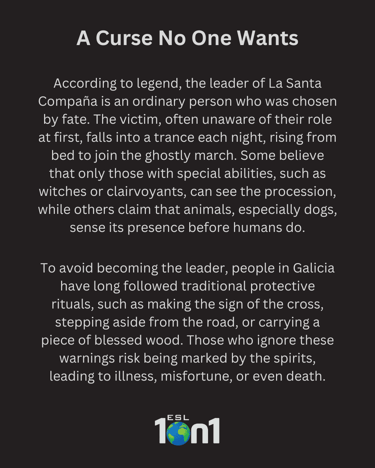
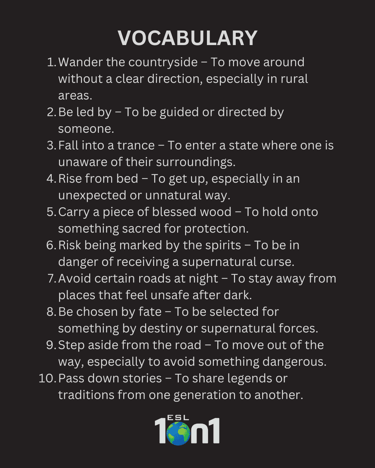




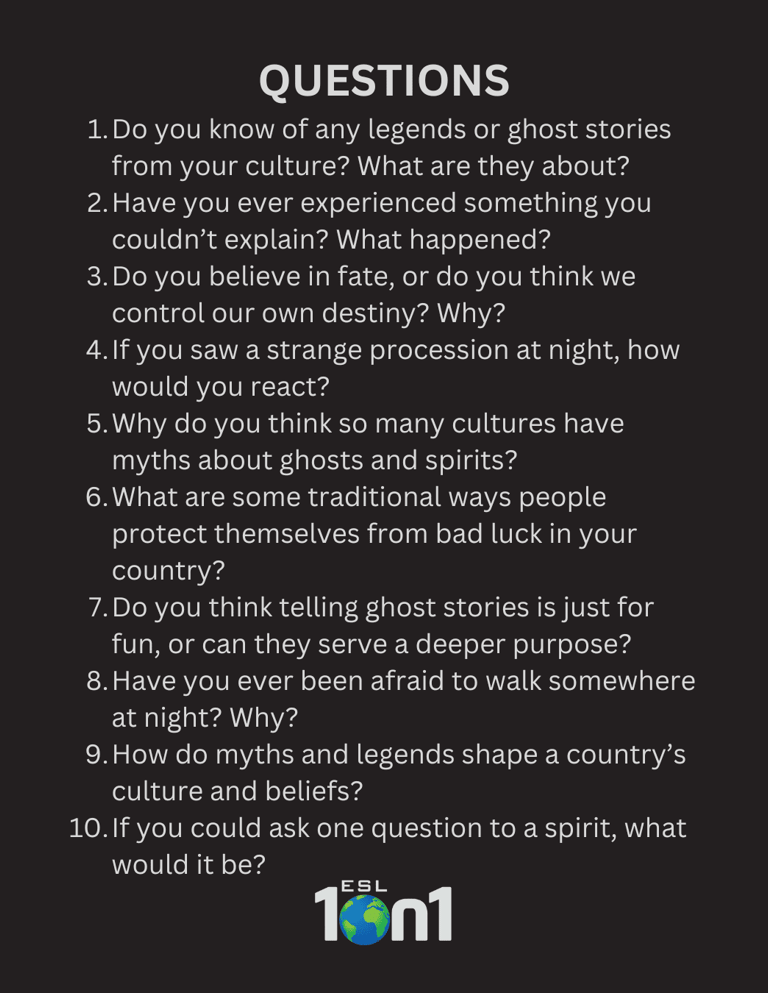

Nuberu: The Storm Bringer of Asturian Folklore
In the misty mountains of Asturias, Spain, tales of Nuberu still echo through villages. A powerful spirit riding the clouds, Nuberu brings rain or destruction depending on how he's treated.
Is he a protector, a menace, or simply nature itself? This legend reminds us how deeply folklore connects weather and respect for the natural world.
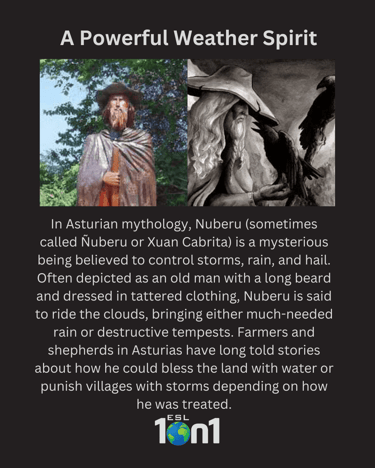
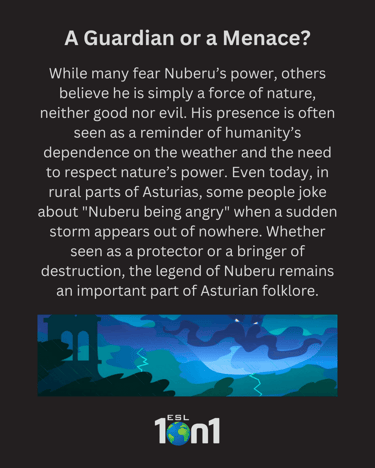
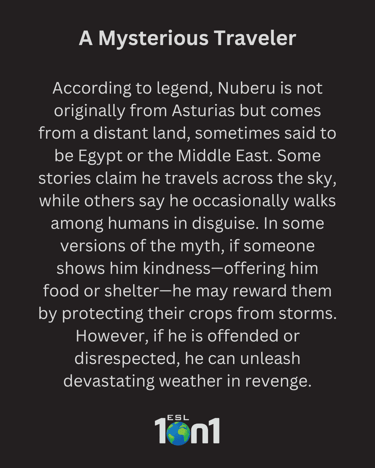
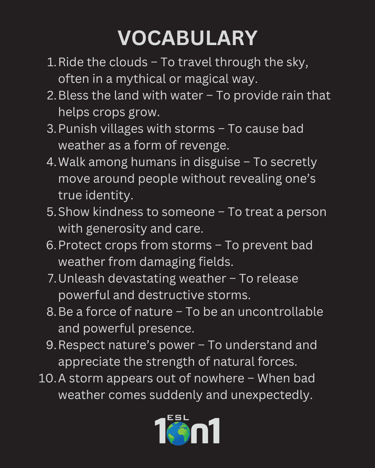




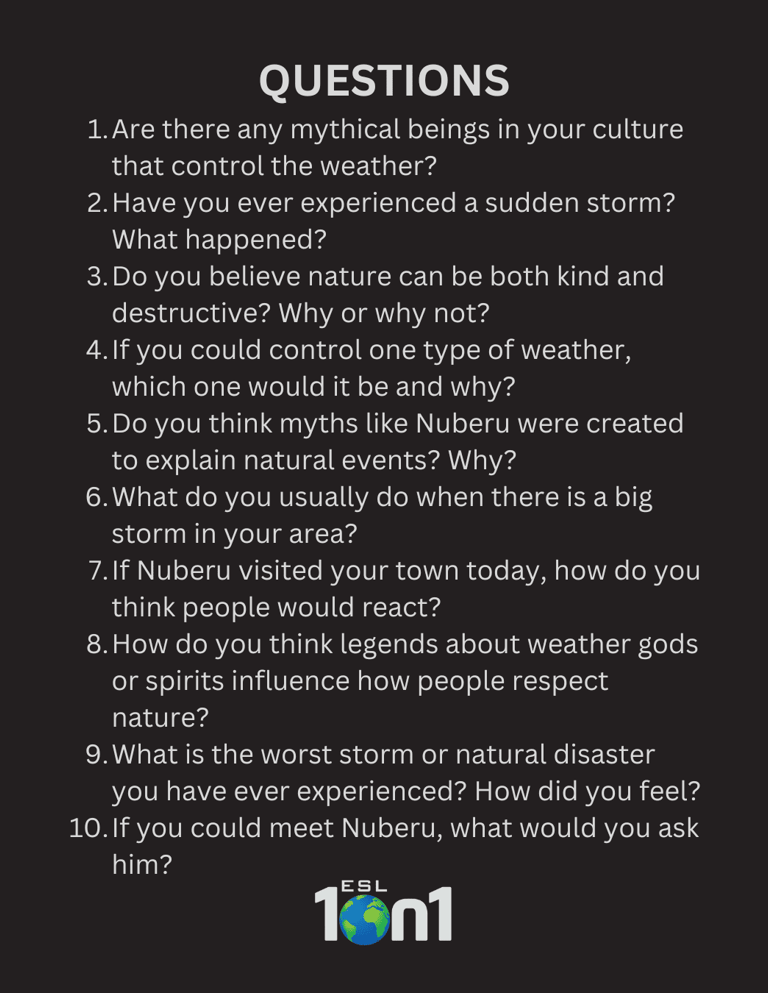

Basajaun: The Guardian Giant of Basque Folklore
Deep in the forests of the Basque Country, the Basajaun—a towering, hairy protector—watches over nature and shares ancient wisdom. Unlike the feared Bigfoot, this legendary being is a keeper of knowledge, teaching early humans farming and craftsmanship. Some say its presence can still be felt today. Would you dare to wander the woods?
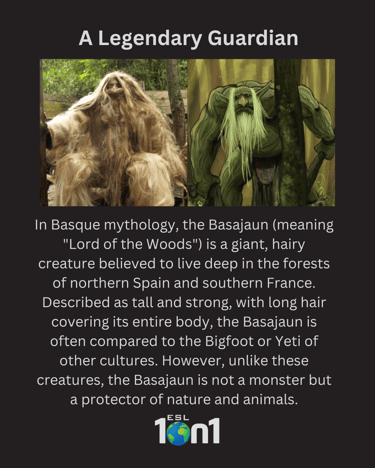
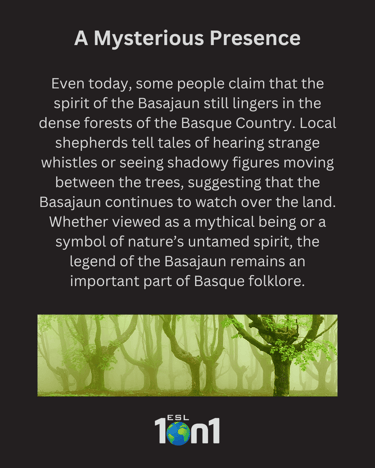
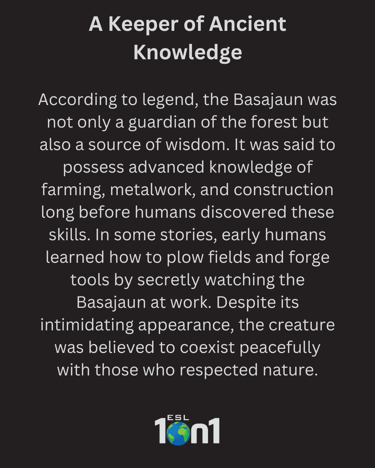
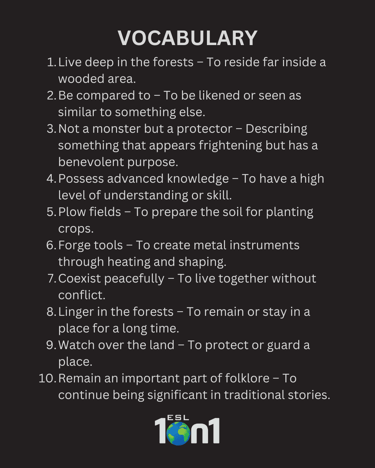




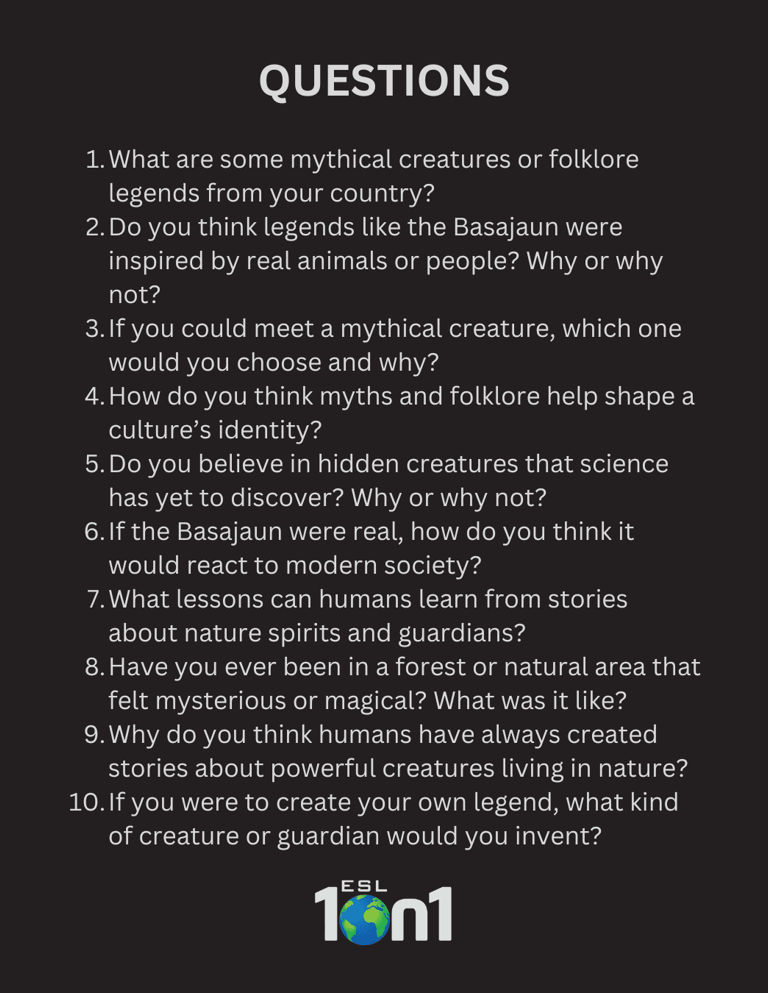

The Vallecas Haunting: Spain’s Most Chilling Paranormal Mystery
When 18-year-old Estefanía Gutiérrez Lázaro died mysteriously after a Ouija session, her family began experiencing terrifying supernatural events in their Madrid home. Even the police witnessed unexplained occurrences, making this one of Spain’s most documented hauntings.
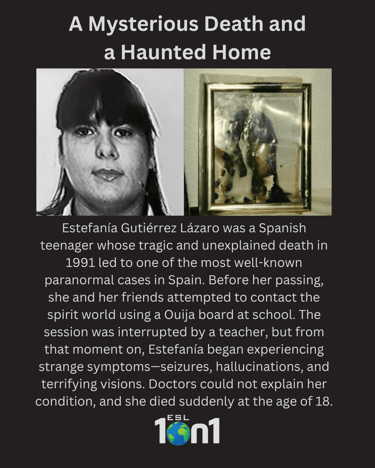
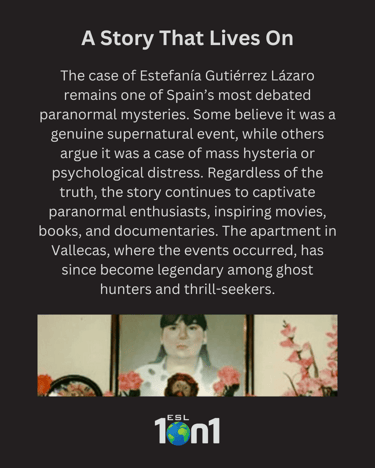
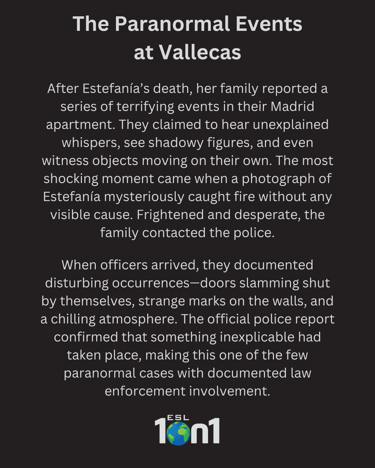
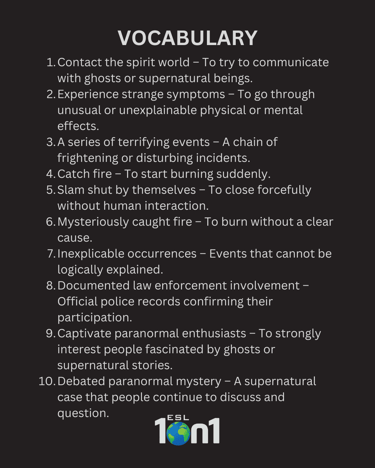




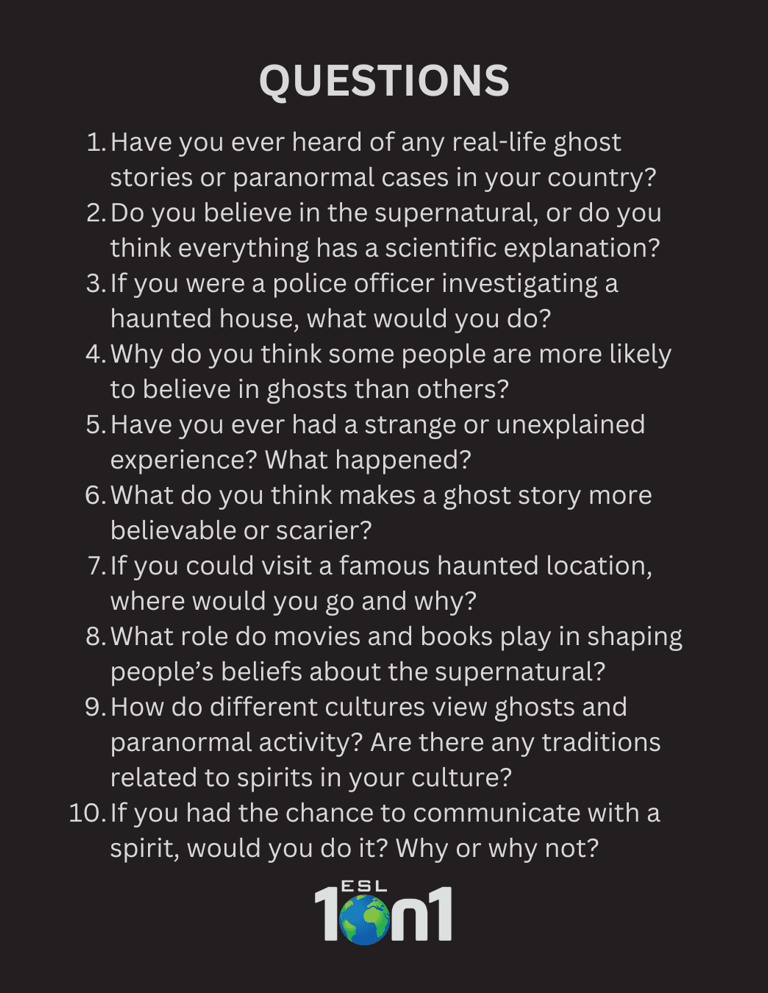

Female Sterilization Explained: Tubal Ligation vs Oophorectomy
This post explains both procedures clearly and introduces useful vocabulary and discussion questions for English learners.
Learn about anatomy, health, and how to talk about medical decisions in English — with clarity and care.

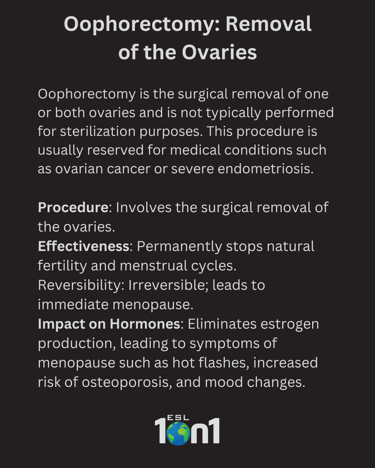
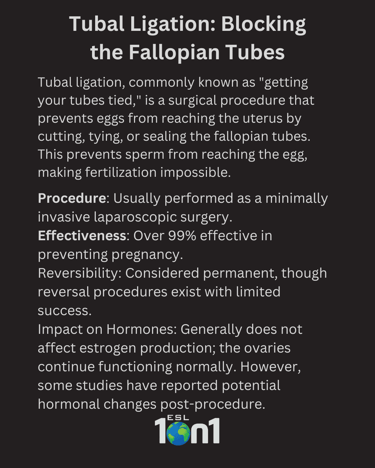
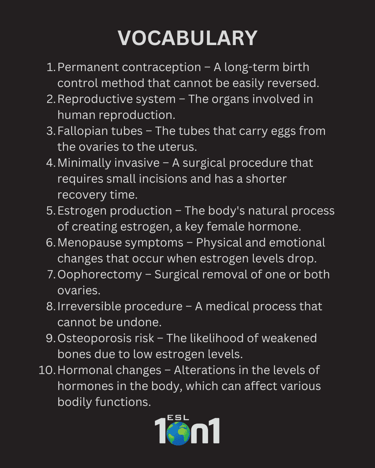




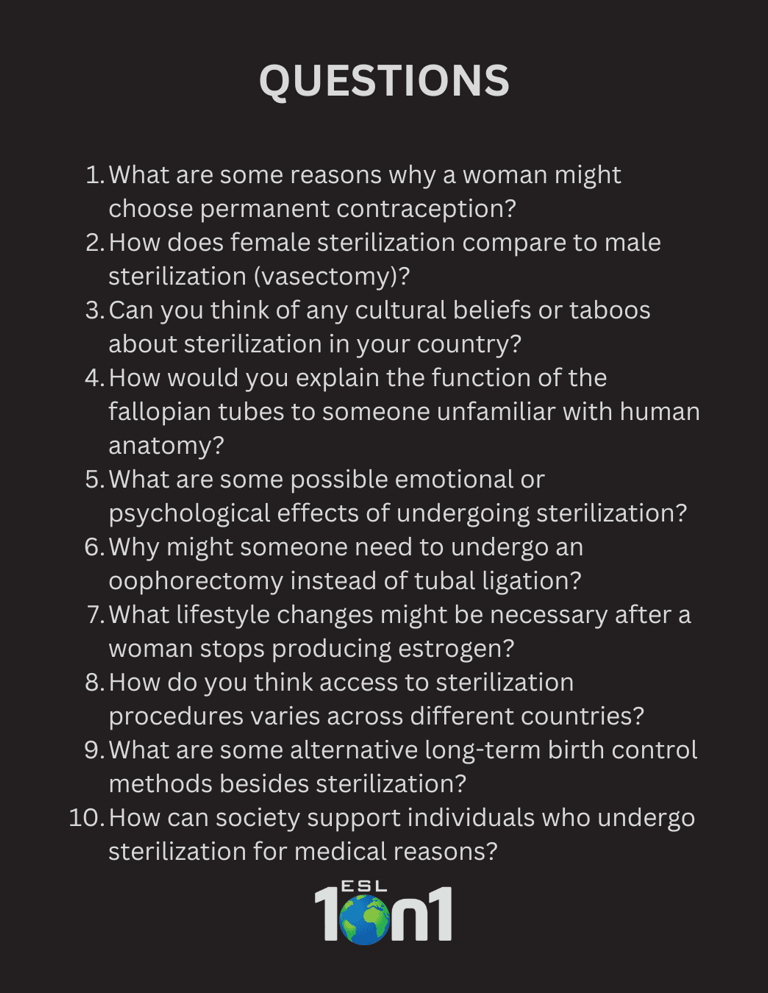

VP shunts for Hydrocephalus
Too much fluid in the brain? Learn what hydrocephalus is, how shunts help, and why long-term care matters.
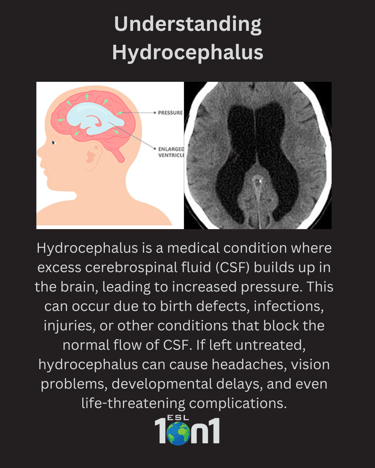


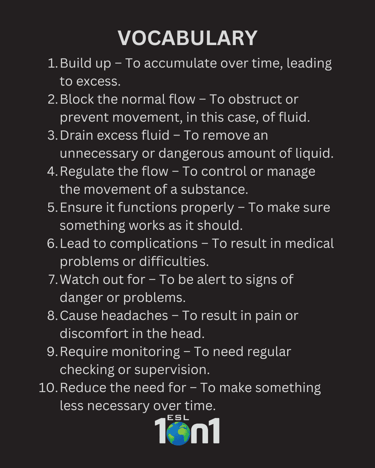




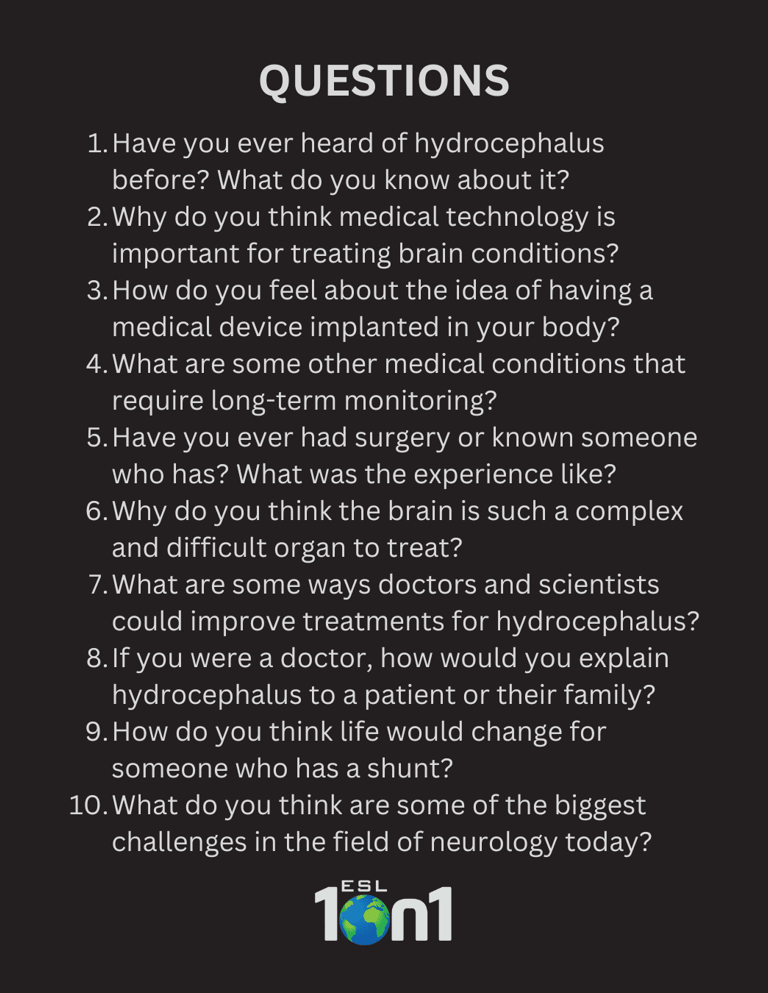

The Frogfish: Nature’s Ultimate Ambush Predator
With its unmatched camouflage and lightning-fast hunting skills, the frogfish is one of the ocean’s most fascinating predators. Instead of swimming, it "walks" along the seafloor and lures prey with a built-in fishing rod! Have you ever seen one in the wild?
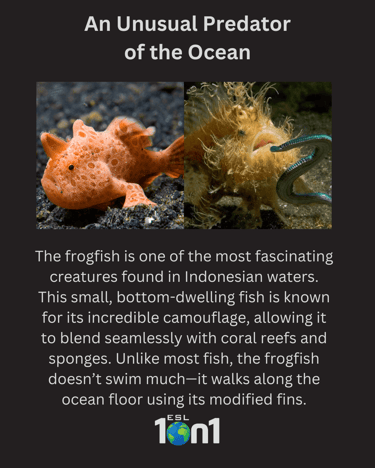
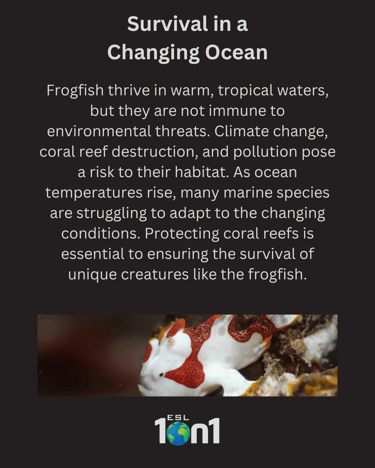
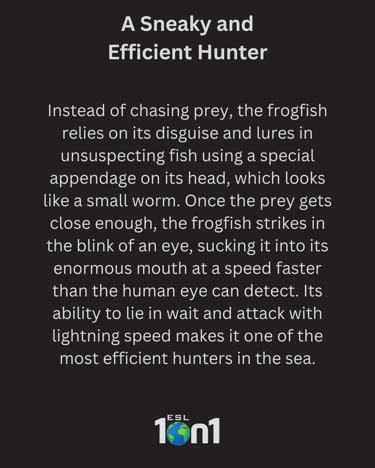
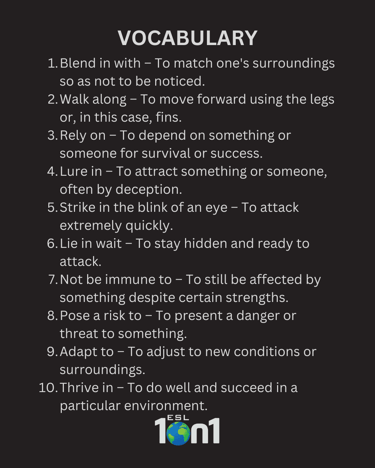




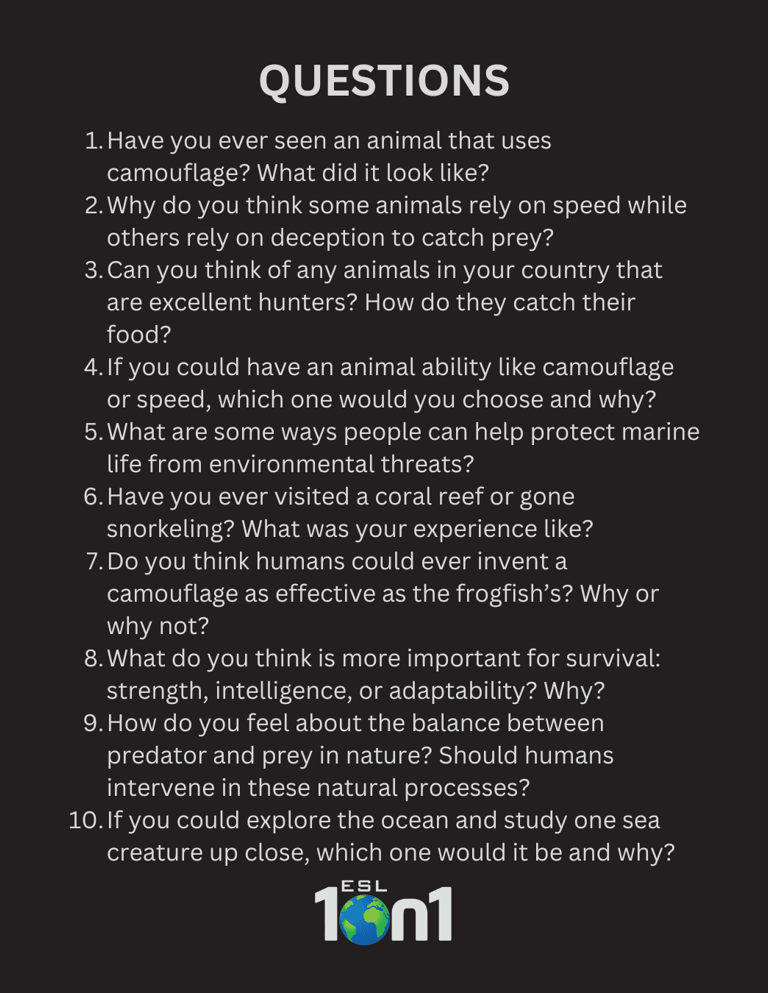

The Iberian Lynx: From Near Extinction to Hope
The Iberian lynx is Europe’s rarest wild cat — and one of its greatest conservation success stories.
From fewer than 100 individuals in the early 2000s to over 1,000 today, this feline is making a fierce comeback thanks to habitat restoration, breeding programs, and dedicated efforts.
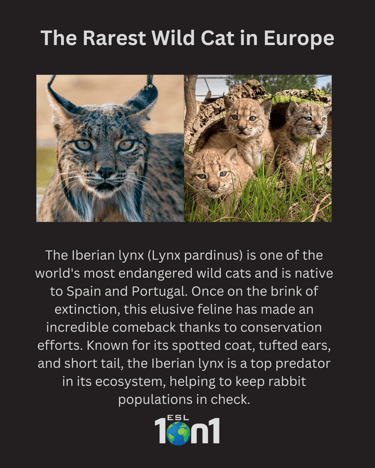
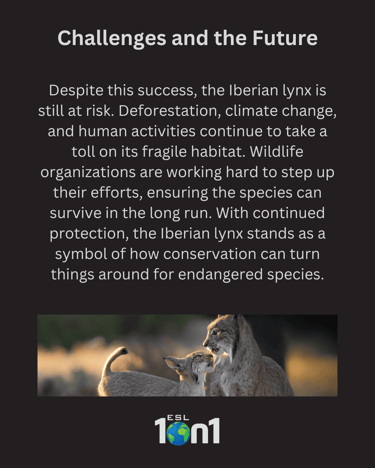
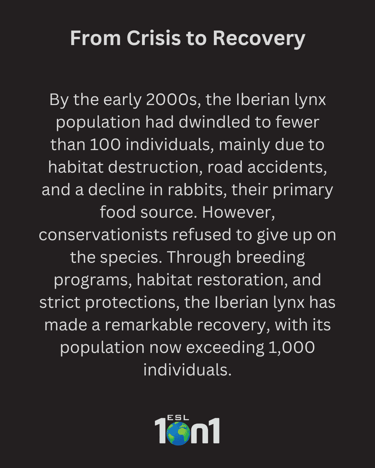
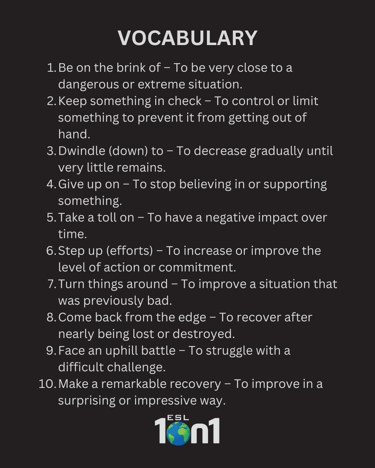




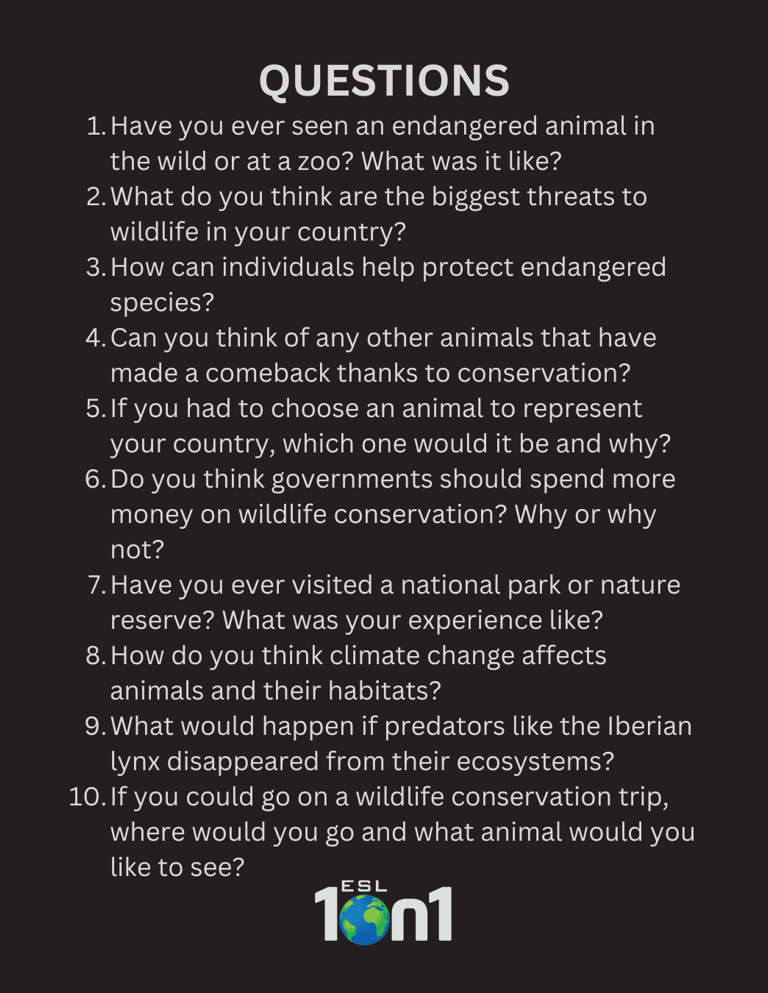

The Reconquista: The Christian Reclaiming of Spain
From 711 to 1492, Christian and Muslim forces battled over the Iberian Peninsula in a long period known as the Reconquista.
This was more than just a military campaign — it reshaped religion, power, and culture in Spain.
